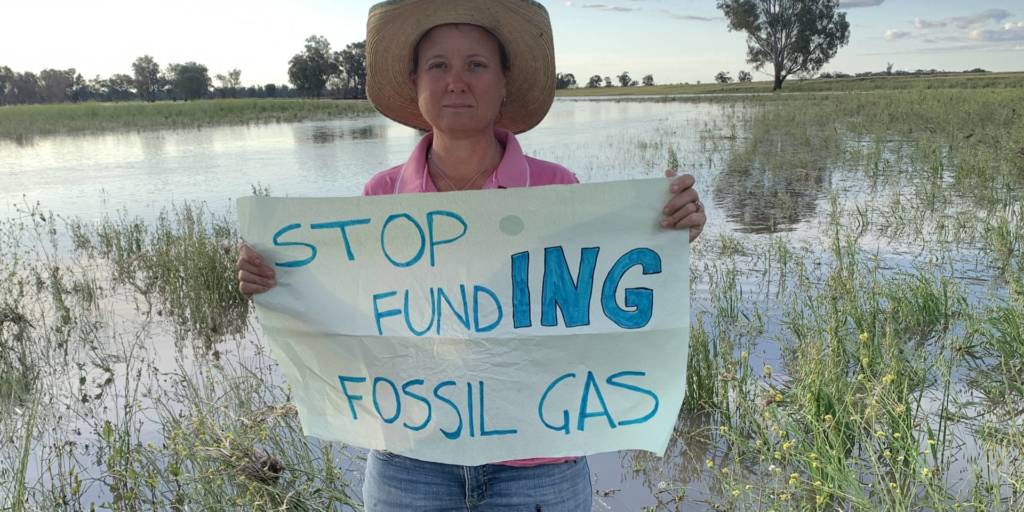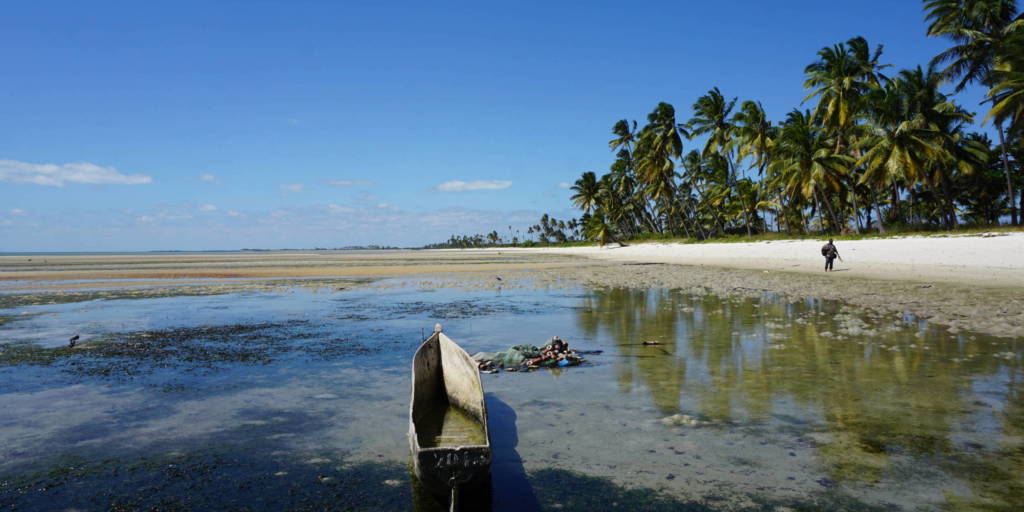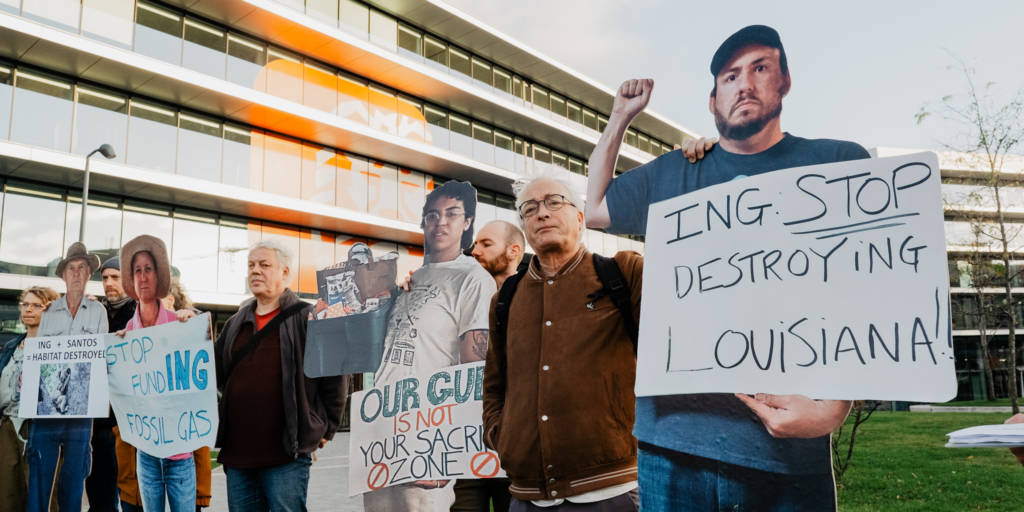ING in trouble again for greenwashing
ING bank has been reprimanded a second time this year for deceptive greenwashing after the Fossil Free NL movement filed a complaint with the advertising watchdog. The committee declared that ING should be honest about their fossil fuel financing when advertising about their green financing.






